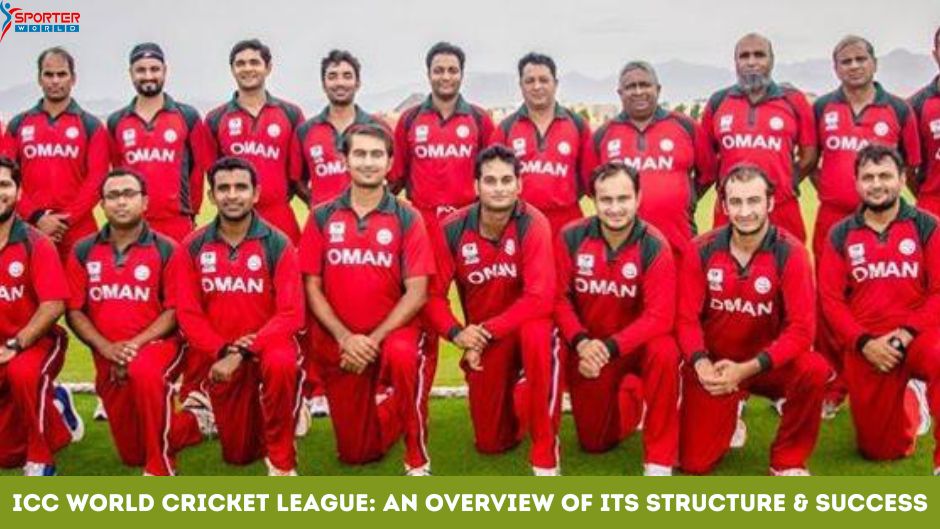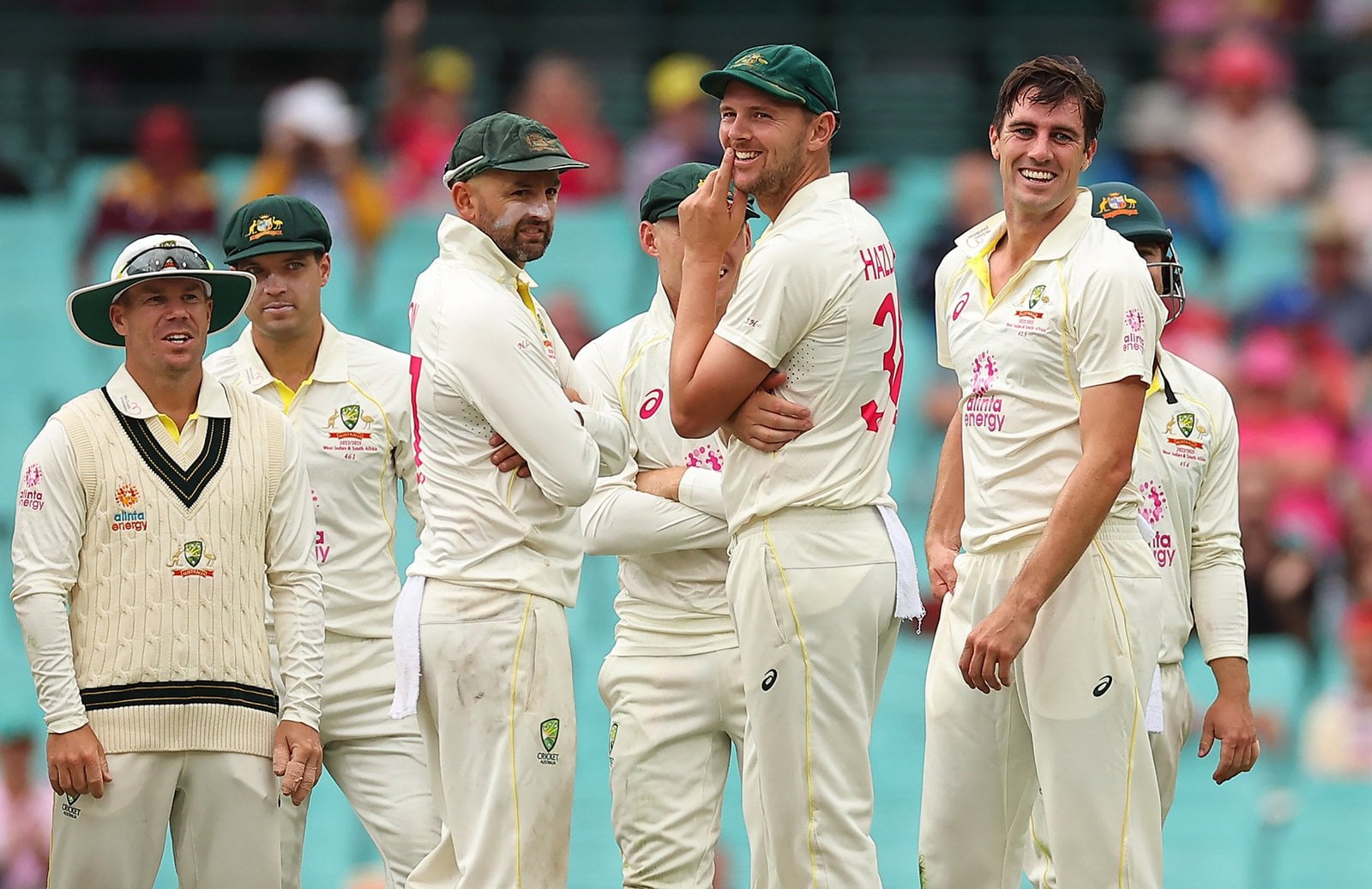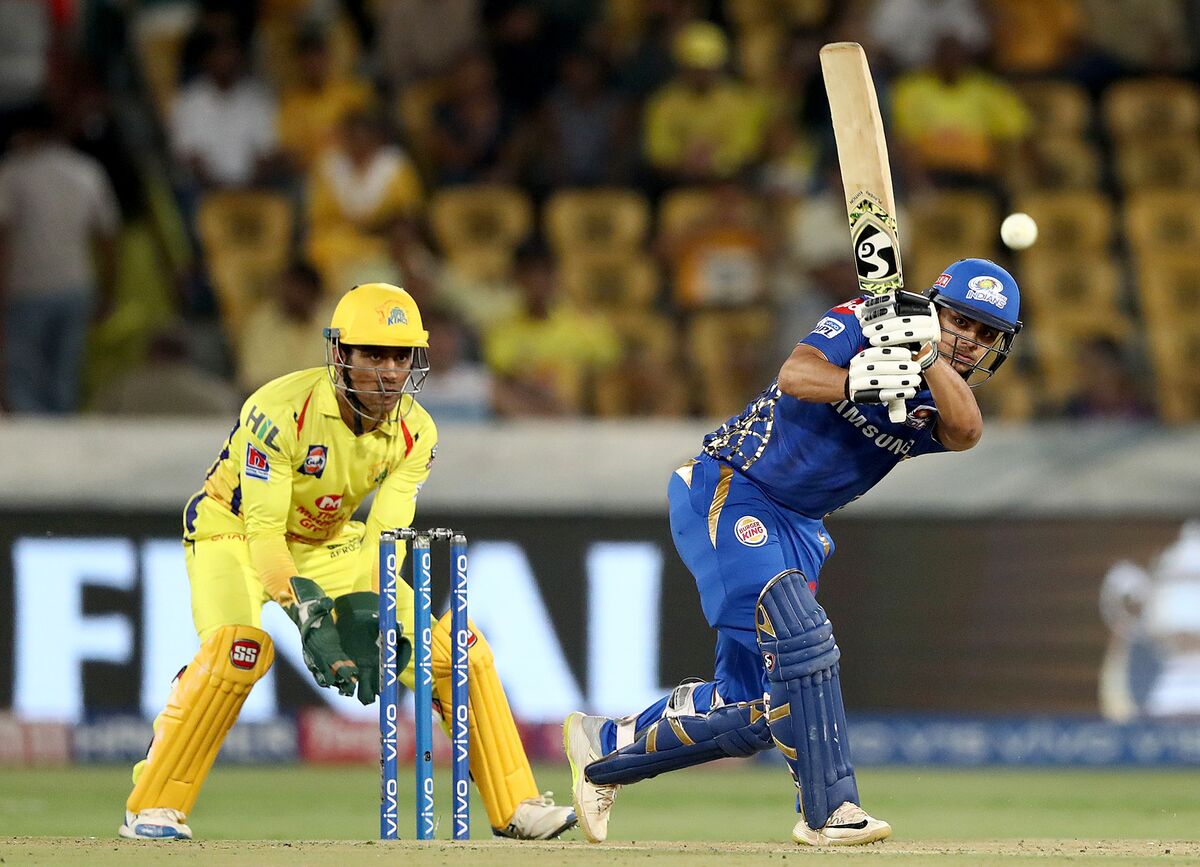In the enthralling world of cricket, the role of a captain extends far beyond just calling the coin toss. A captain is the leader, the strategist, and the heartbeat of the team, guiding their players through the highs and lows of the game. To be the best cricket captain, one must possess a unique blend of tactical acumen, exceptional man-management skills, and the ability to inspire their team to greatness.
From making critical decisions on the field to fostering a cohesive and determined unit off the pitch, the responsibilities are both exhilarating and challenging. In this comprehensive guide, we unravel the key tips and strategies that will empower you to step onto the field as a formidable cricket captain. So, let’s delve into the art of captaincy and pave the way towards creating a legacy that resonates with success and admiration.
Responsibility Of A Captain in Cricket
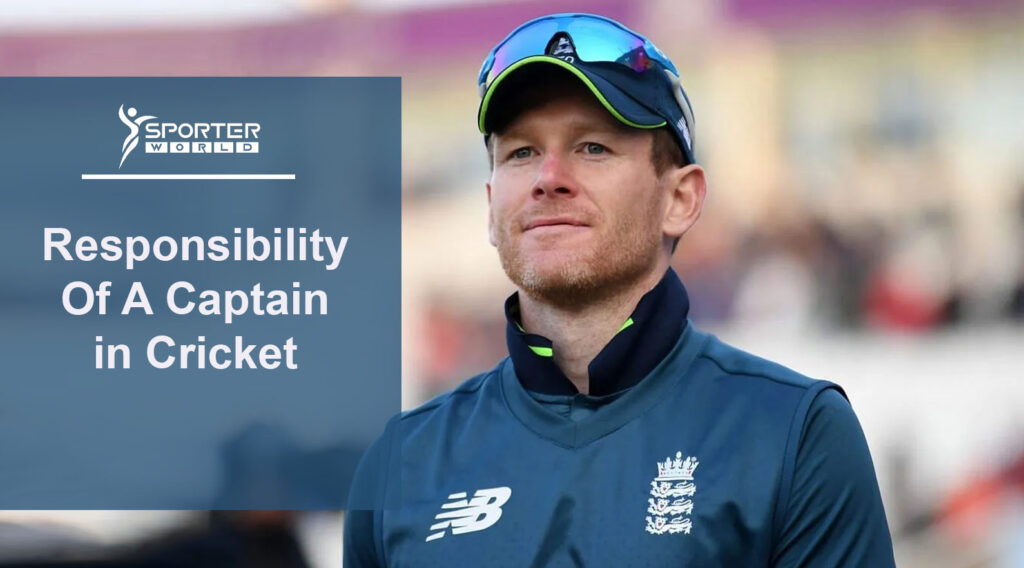
The role of a captain in cricket carries significant responsibilities and expectations. A captain is not only a representative of the team but also a leader who sets the tone and direction both on and off the field. The following are some key responsibilities of a cricket captain:
1. Leadership
The captain is expected to provide strong leadership and set a positive example for the team. They must inspire and motivate players, fostering a cohesive and supportive team environment.
2. Decision-making
Captains are responsible for making crucial decisions during matches, such as field placements, bowling changes, and batting orders. They must assess the game situation, anticipate the opposition’s strategy, and make strategic choices that give their team the best chance of success.
3. Strategy and Tactics
Captains need to formulate game plans and strategies in collaboration with the coach and senior players. They must analyze the strengths and weaknesses of their team and the opposition, adapting tactics accordingly to exploit opportunities and neutralize threats.
4. Communication
Effective communication is vital for a captain. They need to convey their plans, instructions, and motivation clearly to the team members. Good communication also involves active listening and understanding the concerns and ideas of individual players.
5. Team Management
Captains are responsible for managing the team dynamics, ensuring unity, and resolving conflicts. They must create an inclusive and respectful environment where every player feels valued and supported.
6. Sportsmanship and Conduct
Captains are expected to uphold the spirit of the game, promoting fair play, and discouraging unsporting behavior. They should maintain a high level of discipline and enforce the team’s code of conduct.
7. Media and Public Relations
Captains often represent the team in media interactions and public appearances. They must handle interviews, press conferences, and public relations with professionalism, representing the team and the game in a positive light.
8. Player Development
Captains play a vital role in the development of individual players. They should provide guidance, mentorship, and support to help players improve their skills, technique, and overall performance.
You May Also Like: Cricket Batting Tips Forr Beginner
Cricket Captaincy Tips And Strategies
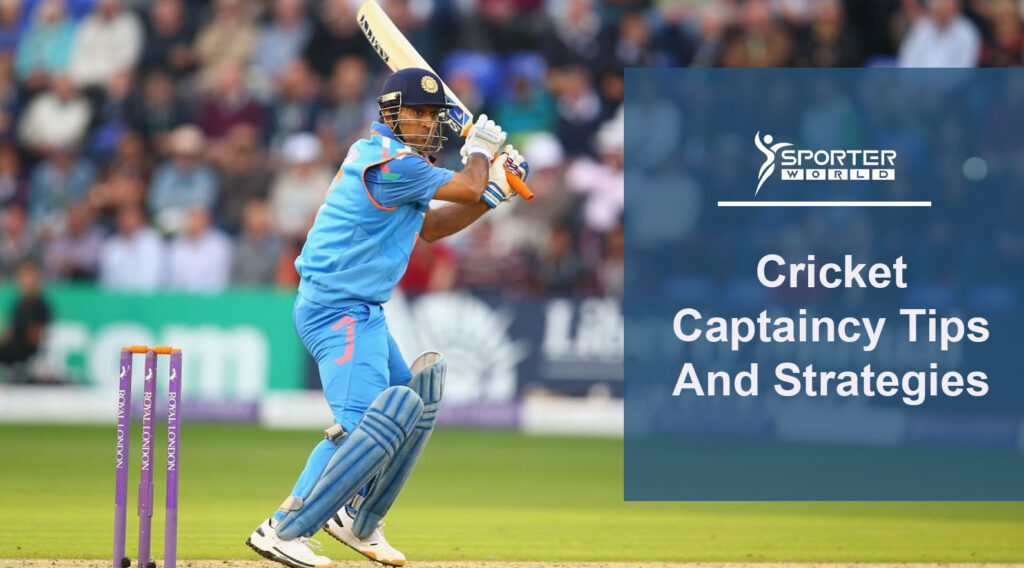
Being a cricket captain is a position of great responsibility, as you are not only leading a team of eleven players but also making critical decisions that can impact the outcome of the game. To excel in this role, it is essential to possess certain skills and adopt effective strategies. Here are some key cricket captaincy tips to help you lead your team to success:
1. Be an Active Player on the Field
As a captain, your actions speak louder than words. Lead by example and be actively involved in the game. Demonstrate a positive mindset and generate energy within the team. By being proactive, you can create pressure on the opposing team and support your players during challenging moments.
2. Master the Game Rules:
A successful captain should have a deep understanding of the rules and regulations of cricket. This knowledge enables you to make informed decisions and formulate effective strategies. Utilize your understanding of the game to build pressure on the opposition and enhance your team’s overall performance.
3. Build Confidence Among Team Players
Foster a positive and supportive environment within the team. Develop strong relationships with your players and provide support in all situations. Encourage and guide your teammates to help them develop confidence and improve their skills. When each player feels comfortable and supported under your captaincy, the team performs at its best.
4. Know Your Players’ Talents and Skills
Take the time to understand the unique talents and skills of each player on your team. This knowledge allows you to make optimal decisions when selecting players for specific match situations. By utilizing your players effectively, you can maximize their strengths and contribute to the team’s success.
5. Maintain Composure in Defeats
It is important to remain calm and composed, even in the face of defeat. Avoid getting frustrated or losing your temper, as it can negatively impact your performance and the morale of the team. Instead, analyze the match, learn from the experience, and use it as motivation to improve.
6. Encourage and Support Team Players
As a captain, be a source of encouragement for your team members, especially during difficult moments. Foster a positive team dynamic by boosting their morale and energy levels. Engage in open discussions with players about their performances, offering guidance and working together to overcome weaknesses. Creating a supportive atmosphere instills confidence and strengthens team unity.
7. Diligent Practice
Practice diligently to refine your own skills and techniques. Dedicate ample time to net sessions, where you can improve your weak areas and develop a well-rounded game. Seek out online cricket coaching resources to learn advanced skills and techniques that can enhance your performance as a captain.
By implementing these cricket captaincy tips, you can enhance your leadership abilities and guide your team to success. Remember, effective captaincy requires continuous effort, adaptability, and effective communication with your team. Embrace these strategies, lead by example, and inspire your team to achieve greatness on the cricket field.
Frequently Asked Questions
FAQ-1: What Are Strategies in Cricket?
Answer: Strategies in cricket refer to the various game plans and tactics employed by teams to achieve specific goals during a match. These strategies can include batting strategies, bowling strategies, fielding placements, player rotations, and overall team tactics designed to outwit the opposition and gain an advantage in the game.
FAQ-2: What Are the Duties of Captain?
Answer: The duties of a cricket captain are crucial in leading and managing the team on and off the field. Some key responsibilities include making strategic decisions, such as setting fielding positions and making bowling changes, leading by example through performance, motivating teammates, communicating with the umpires, and representing the team in interactions with the media and opposition.
FAQ-3: How Do You Motivate a Cricket Player?
Answer: Motivating cricket players can be achieved through various approaches. Some effective methods include providing positive reinforcement and praise for good performance, setting achievable goals, fostering a supportive and encouraging team environment, providing constructive feedback, addressing individual needs and concerns, and leading by example through hard work, dedication, and passion for the game.
FAQ-4: How Can I Become a Good Captain?
Answer: To become a good cricket captain, focus on developing key skills and qualities. These include excellent communication skills, the ability to make sound tactical decisions under pressure, strong leadership qualities, a deep understanding of the game, effective man-management skills, the ability to inspire and motivate teammates, and a commitment to continuous learning and improvement as a leader. Additionally, leading by example through consistent performance and demonstrating a positive attitude can greatly contribute to becoming a good captain.
Conclusion
Ultimately, successful cricket captaincy is about balancing individual strengths and team dynamics, making strategic decisions based on the situation at hand, and leading by example both on and off the field. With the right approach and a passion for the game, anyone can aspire to become a skilled and effective cricket captain.


